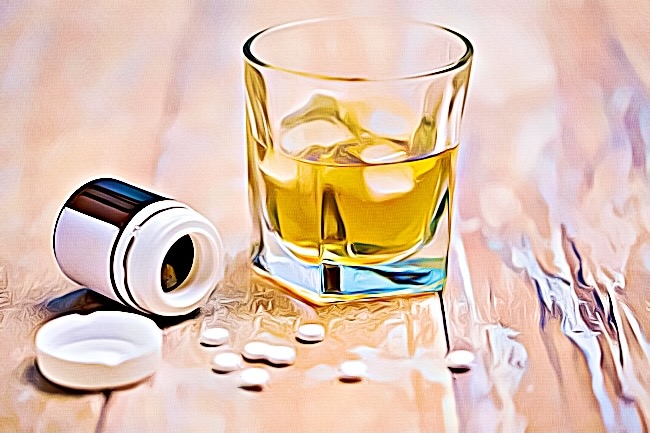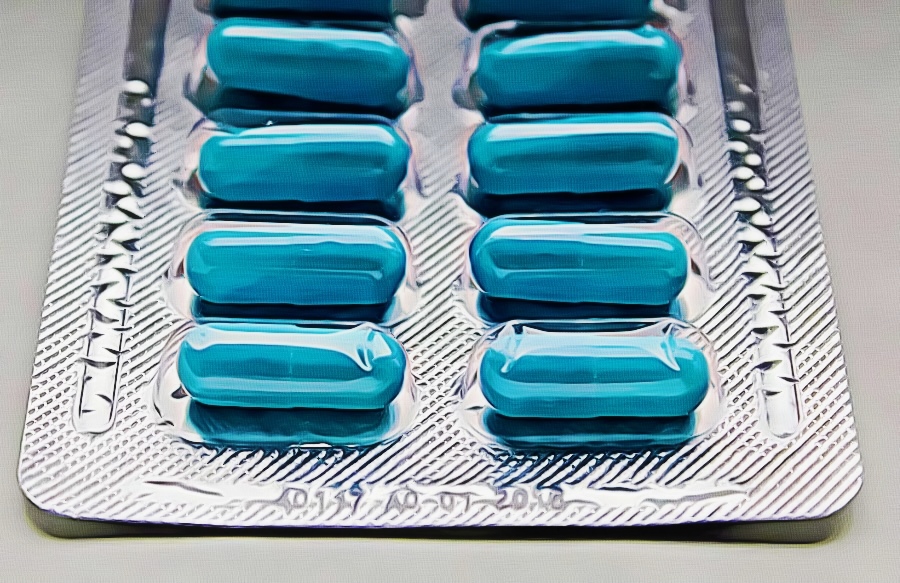Abilify (aripiprazole) is an antipsychotic medication that is used to treat mental disorders such as schizophrenia, bipolar disorder, and depression. While it is generally considered safe to take it with alcohol, there are some potential risks to be aware of.
The Dangers of Mixing Abilify and Alcohol
While Abilify is not a narcotic and is not a controlled substance, it can still cause dangerous side effects and reactions when mixed with alcohol.
Alcohol and Abilify are both central nervous system (CNS) depressants. That means they slow down the activity of the brain and the nervous system. When you mix alcohol and Abilify, the effects of both substances are increased, and the risks of developing side effects are also increased.
Some of the common side effects of mixing alcohol and Abilify include:
- Drowsiness
- Dizziness
- Blurred vision
- Poor coordination
- Slurred speech
- Nausea and vomiting
- Memory problems
- Problems with thinking and judgment
- Anxiety
- Agitation
- Irritability
- Restlessness
- Increased blood pressure
- Increased heart rate
- Decreased breathing
The side effects of mixing alcohol and Abilify can be very serious, and in some cases, they can be life-threatening. If you or someone you know has been drinking alcohol while taking it, it’s important to seek medical help right away.
Abilify Overdose
Abilify may be misused by people who take it without a prescription or take it more often than prescribed. It may also be misused by people who crush and snort the pills to get high.
Additionally, Abilify may be misused in an attempt to get high. However, this can lead to dangerous side effects, including overdose.
It can be misused easily, so it is important to take it only as prescribed by your doctor. They will monitor you for signs of misuse while you are taking the drug.
Overdose Symptoms
Symptoms of an overdose may include:
- Drowsiness
- Confusion
- Unusual behavior
- Hallucinations
- Rapid heartbeat
- Chest pain
- Seizures
Withdrawal from Abilify
If you have been taking Abilify for a prolonged period of time and you suddenly stop taking the drug, you may experience an array of withdrawal symptoms. These symptoms vary in severity and may include:
- Body aches
- Dizziness
- Headache
- Nausea
- Vomiting
- Sleepiness
- Agitation
- Anxiety
- Restlessness
Can You Take Abilify With Other Medications?
Some medications that interact with alcohol and Abilify can include:
- Antidepressants
- Narcotics
- Anti-anxiety medications
- Anti-epilepsy medications
- Sleep medications
It’s also important to avoid using recreational drugs while you are taking Abilify. Using recreational drugs while taking Abilify may intensify the side effects and increase your risk of overdose. Recreational drugs can also interact with alcohol, causing you to feel the effects of both drugs more strongly.

When Is Abilify Prescribed?
Alcohol and Abilify act on the brain, so it’s important to be aware of the potential effects of taking them together. Alcohol is a depressant, and taking Abilify with it can amplify the depressant effects of alcohol. This can lead to impaired judgment, loss of control over your actions, and difficulty breathing.
Abilify can cause drowsiness and sedation, which can be made worse by drinking alcohol. It’s important to talk to your doctor about whether it’s safe for you to drink alcohol while taking it.
How Abilify Works
Abilify is a medication that is used to treat certain mental disorders. It is mainly used to treat schizophrenia, bipolar disorder, depression, and irritability associated with autism.
However, it is also used to treat Tourette syndrome, attention deficit hyperactivity disorder (ADHD), and other conditions. It belongs to a class of medications called “atypical antipsychotics”.
The medication works by helping to restore the balance of certain chemicals in the brain that are thought to be out of balance in people who have a mental illness. The medication works the same way as other antipsychotics, which is why it is generally considered safe to take Abilify with alcohol.
Abilify can cause drowsiness and sedation, which can be made worse by drinking alcohol. It’s important to talk to your doctor about whether it’s safe for you to drink alcohol while taking it.
What is the difference between Abilify and other antipsychotic medications?
Abilify (aripiprazole) works like other medications used to treat mental illnesses such as schizophrenia, bipolar disorder, and depression. However, it is thought to be less likely than other medications to cause weight gain or movement disorder.
Abilify is one of the newest medications available for treating mental illness.
You and your doctor can work together to find the right dosage that works best for you and helps you to achieve the best possible mental health while minimizing side effects.
Since it is relatively new, studies are still being conducted to determine the full effects of this medication.
Who should not take Abilify?
Abilify should not be taken by pregnant or breastfeeding people because it can cause birth defects. It should not be taken by people with a history of seizures or taking other medications that can cause seizures. Furthermore, it should not be taken by people taking antidepressants, mood stabilizers, or other medications that can cause drowsiness or dizziness. It should not be taken by people taking antipsychotic medications that can cause weight gain.
Will Abilify Show Up in a Drug Test?
It is not considered to be a controlled substance, and it is not tested for in employers’ drug tests. However, it will also not interfere with the results of drug tests.
Alcohol and Mental Health Disorders
Many people who struggle with alcoholism also struggle with mental health disorders. This means that the prevalence of both alcoholism and mental health issues is high.
Treatment for both mental health disorders and alcohol dependence is generally more effective when done together.
People may begin to self-medicate when trying to deal with an undiagnosed mental health disorder. They may use alcohol to deal with the symptoms of their mental health disorder. This can eventually lead to alcohol dependence.
In some cases, people use alcohol to relieve the symptoms of a mental health disorder without even knowing they are suffering from a disorder. In these cases, the individual may not be aware that alcohol is the cause of their symptoms.
People often turn to alcohol to deal with the symptoms of a mental health disorder. However, only a small percentage of people suffering from mental health disorders seek treatment. Sometimes, it may take a crisis before a person seeks help for their alcohol and mental health issues.
Conclusion
When it comes to taking alcohol and Abilify, it is important to remember that there is no specific amount of alcohol that is considered to be safe to take with it.
The potential for side effects from mixing it with alcohol depends on a variety of factors, including your age, other medications you are taking, your overall health, and your tolerance to alcohol.
Abilify and alcohol can be dangerous when consumed together. It’s important to talk to your doctor about whether it’s safe for you to drink alcohol while taking it. You should also be aware of the side effects and symptoms of mixing Abilify and alcohol. If you or someone you know has been taking this medication and alcohol together, it’s important to seek medical help right away.
Sources:

